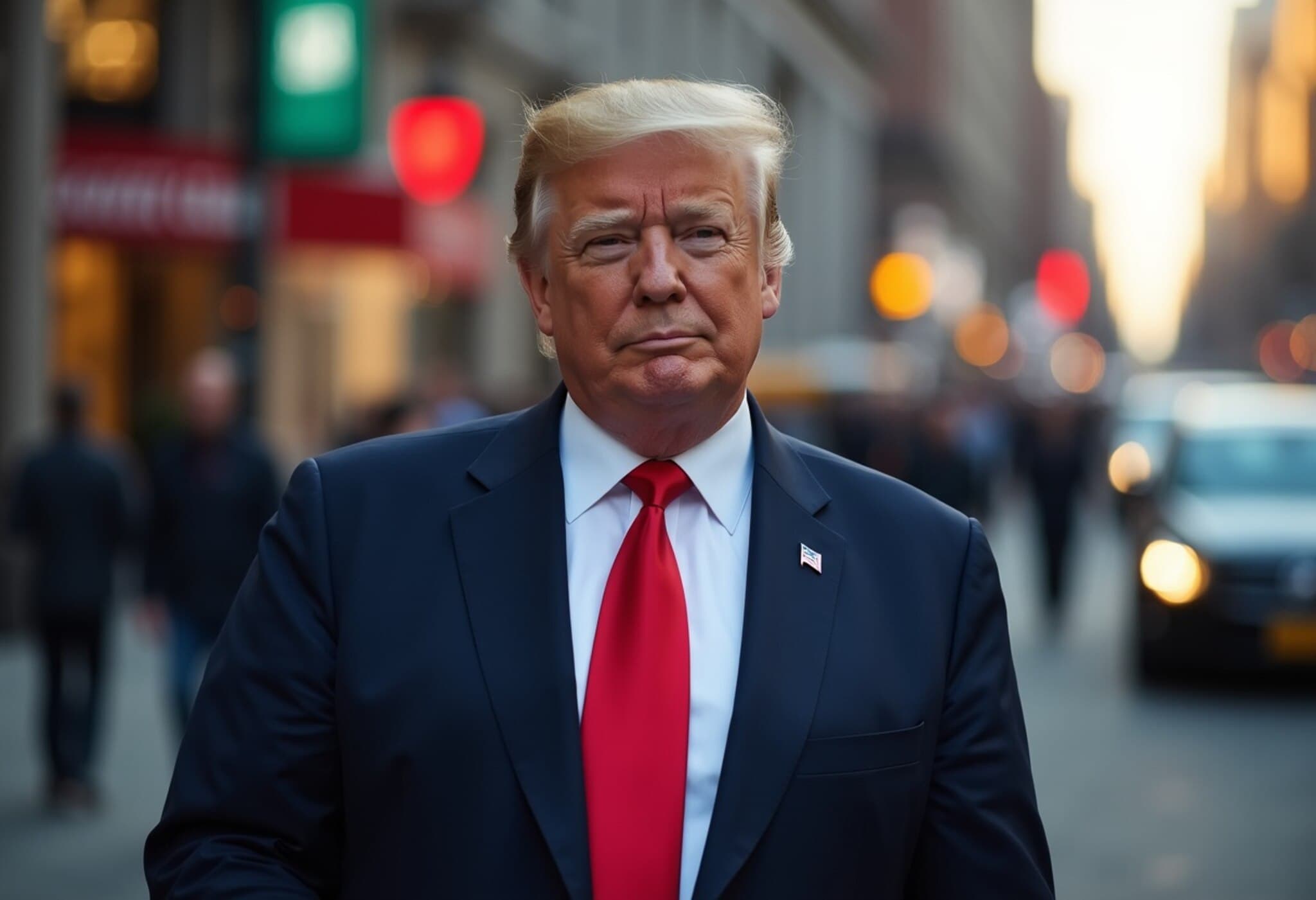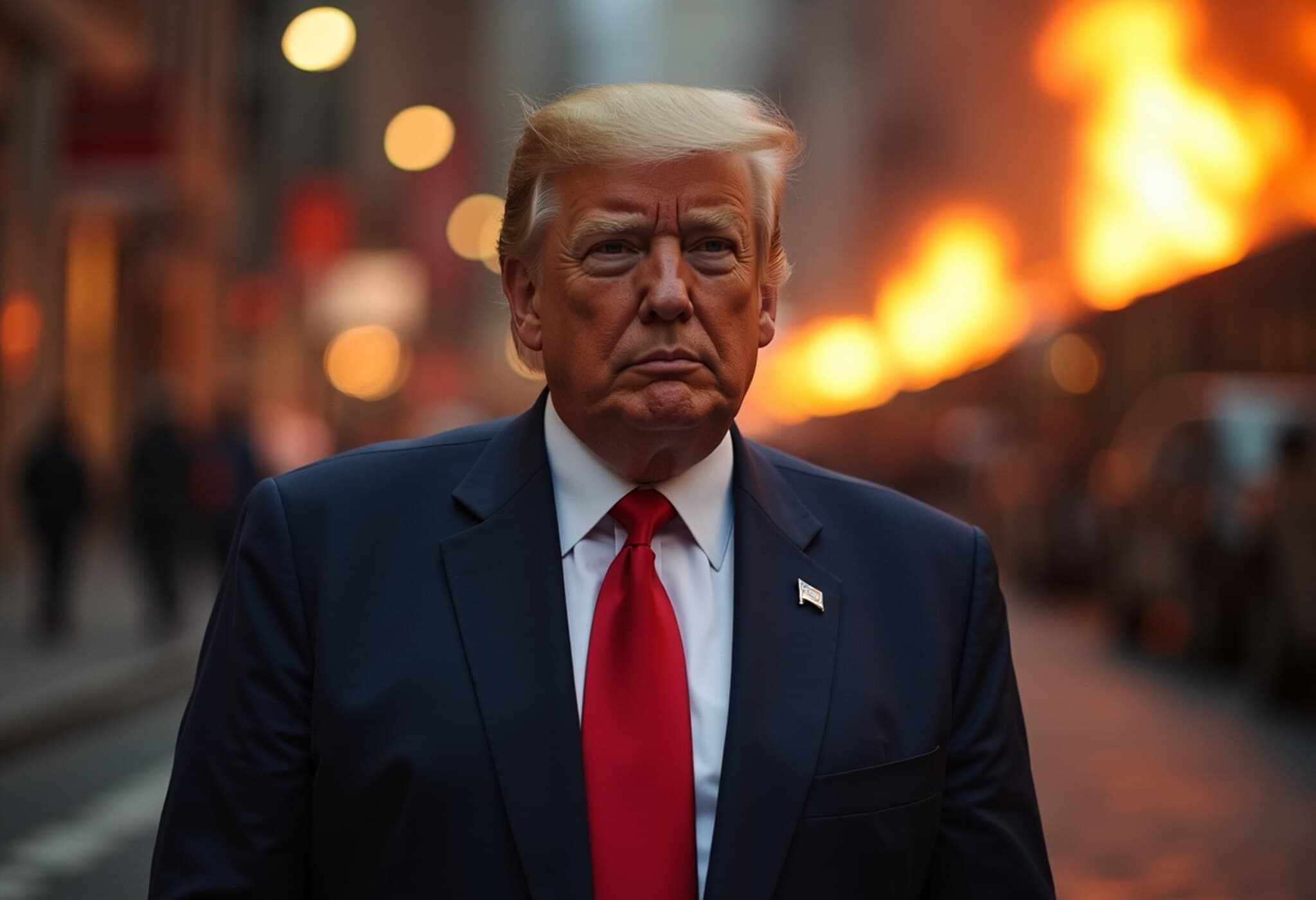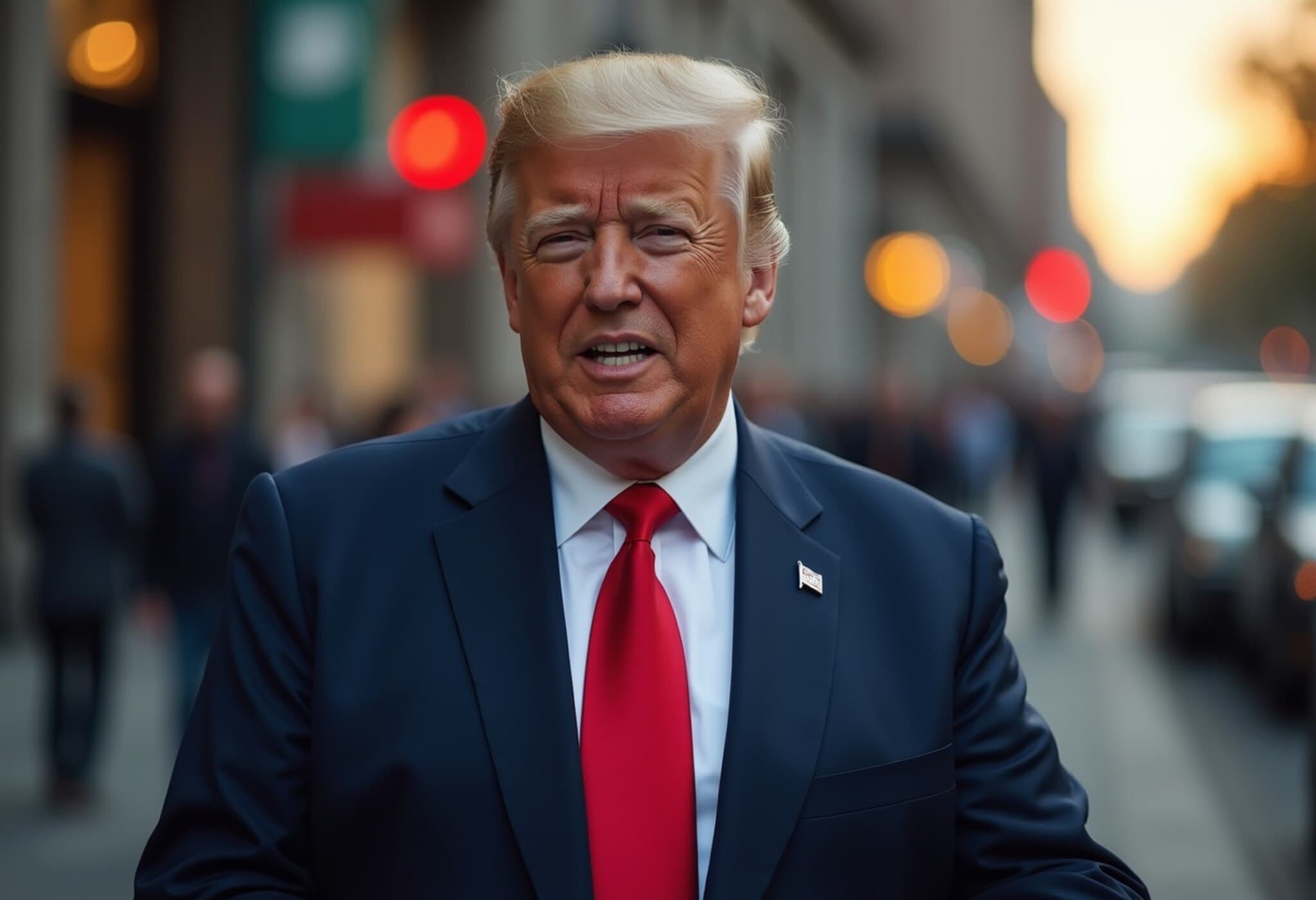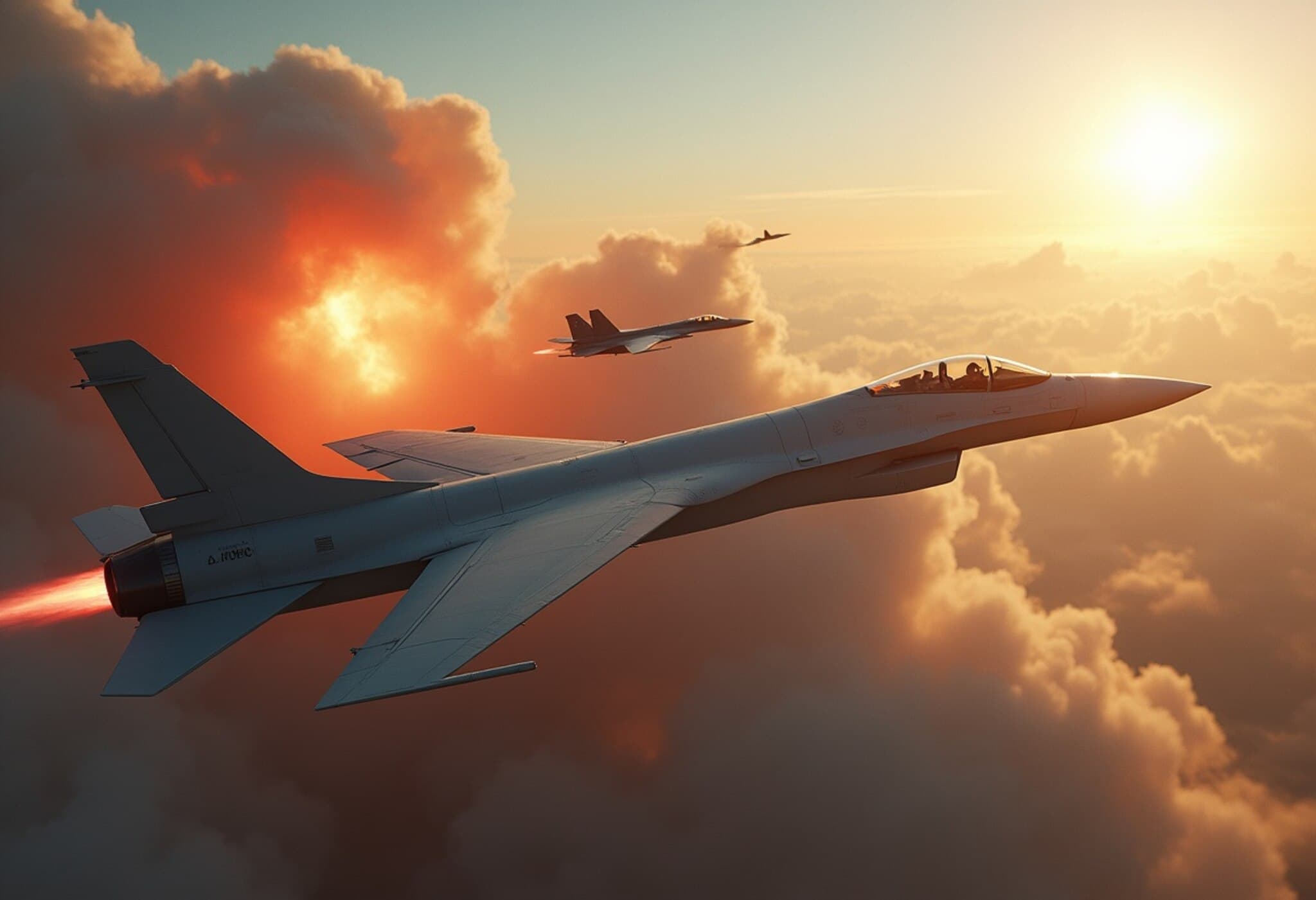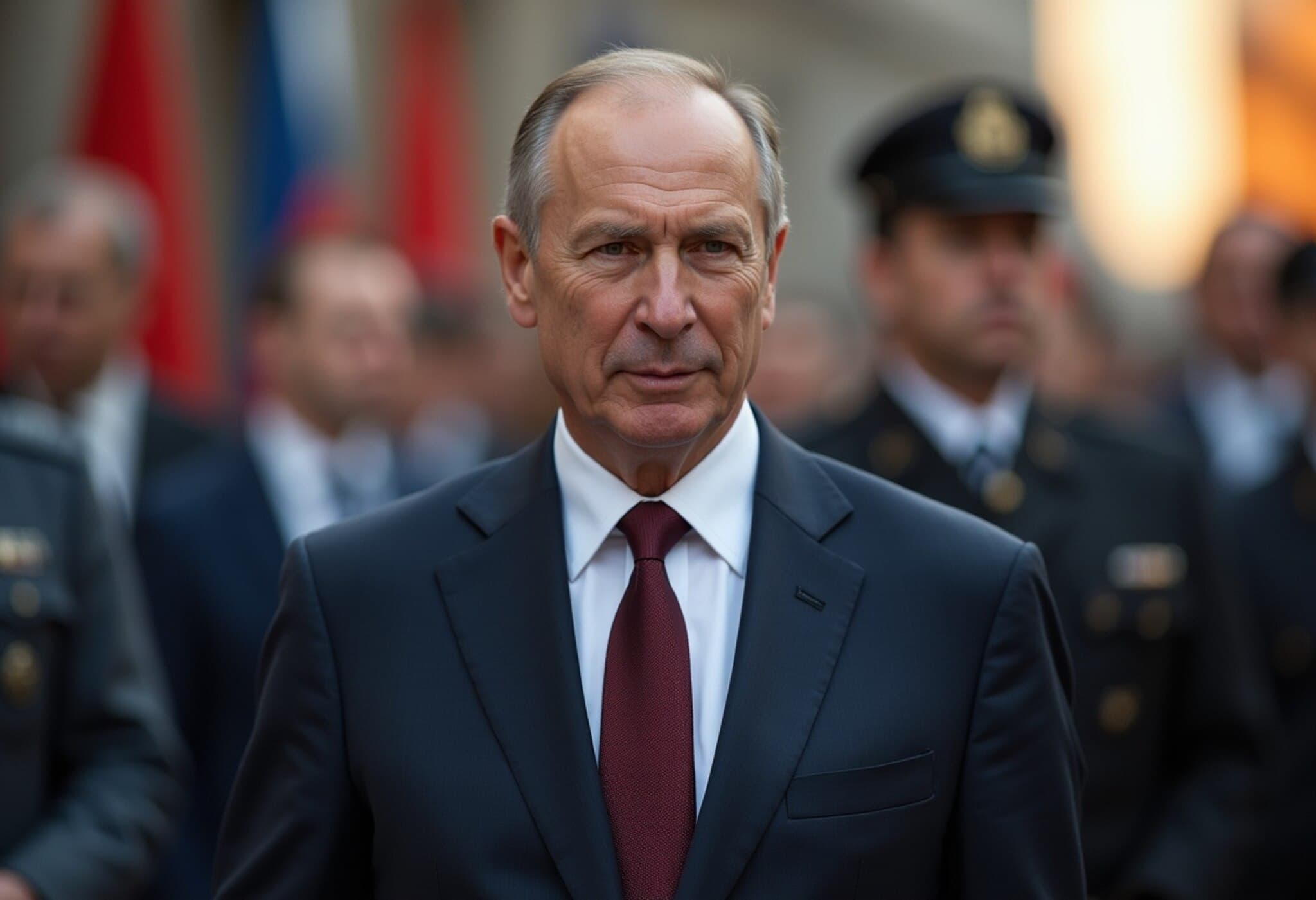More than 3,200 Boeing Defense Workers Initiate Strike Over Contract Rejection
In an unprecedented move early Monday, approximately 3,200 workers at Boeing’s Defense, Space & Security division launched a strike after overwhelmingly rejecting the aerospace giant’s recent contract offer. The employees, represented by the International Association of Machinists and Aerospace Workers (IAM) Local 837, say the package falls short of recognizing their vital contributions to America's national security.
What’s at Stake?
Boeing had proposed a contract that included a 20% wage increase, a $5,000 ratification bonus, and enhanced retirement benefits. These improvements were designed to provide raises even for employees at the top of the pay scale, a point of contention in previous negotiations. Despite these offers, the workers voted down the deal on Sunday, citing that it did not fully respect their dedication or the critical nature of their work.
Union Voices and Worker Sentiment
Tom Boelling, the IAM District 837 Directing Business Representative, expressed solidarity with the striking workers, stating, “IAM District 837 members have spoken loud and clear—they deserve a contract that reflects their skill, dedication, and the critical role they play in our nation’s defense. We stand shoulder to shoulder with these working families as they fight for fairness and respect on the job.”
The strike impacts employees responsible for producing and maintaining fighter jets and other defense systems, a sector critical to national security. Many workers perceive Boeing’s offer as insufficient relative to the demanding nature of their work, especially in a period marked by geopolitical tensions and the strategic importance of advanced military technology.
Boeing’s Position and Broader Context
Boeing has not yet issued a public comment regarding the strike at the time of this report. The aerospace giant is navigating a complex landscape: meeting shareholder expectations amid inflationary pressures while addressing critical workforce demands in a highly specialized defense sector.
Labor actions like this spotlight broader challenges facing the U.S. manufacturing base—particularly in defense. Workers pushing for improved wages and benefits are grappling with soaring living costs, supply chain uncertainties, and the need for employers to invest more substantially in their human capital.
What’s Next?
- Negotiations between Boeing and IAM Local 837 are expected to resume, aiming to reach a resolution that averts prolonged disruption.
- Given the strike’s potential impact on fighter jet production timelines, the situation remains critical for U.S. defense readiness.
- Labor experts emphasize the strike could signal a rising trend of assertiveness among skilled defense manufacturing workers nationwide.
Expert Insight
From a policy perspective, this strike raises vital questions about how major defense contractors balance profitability with their obligations to a strategic workforce. Government stakeholders may take a keener interest, as disruptions could ripple through defense supply chains affecting military preparedness. Additionally, this labor dispute underscores the ongoing tensions in the U.S. manufacturing sector between competitive wage demands and the economic realities companies face.
Editor’s Note
As Boeing defense workers strike for fair compensation, their plight highlights the fragile intersection of national security priorities and workforce justice. Will Boeing and IAM Local 837 find common ground quickly enough to safeguard both employees’ livelihoods and America’s defense capabilities? In a broader sense, this situation invites reflection on how we value skilled labor pivotal to safeguarding the nation. Readers are encouraged to watch this space for updates on the evolving negotiations and their implications for industry and labor relations.











